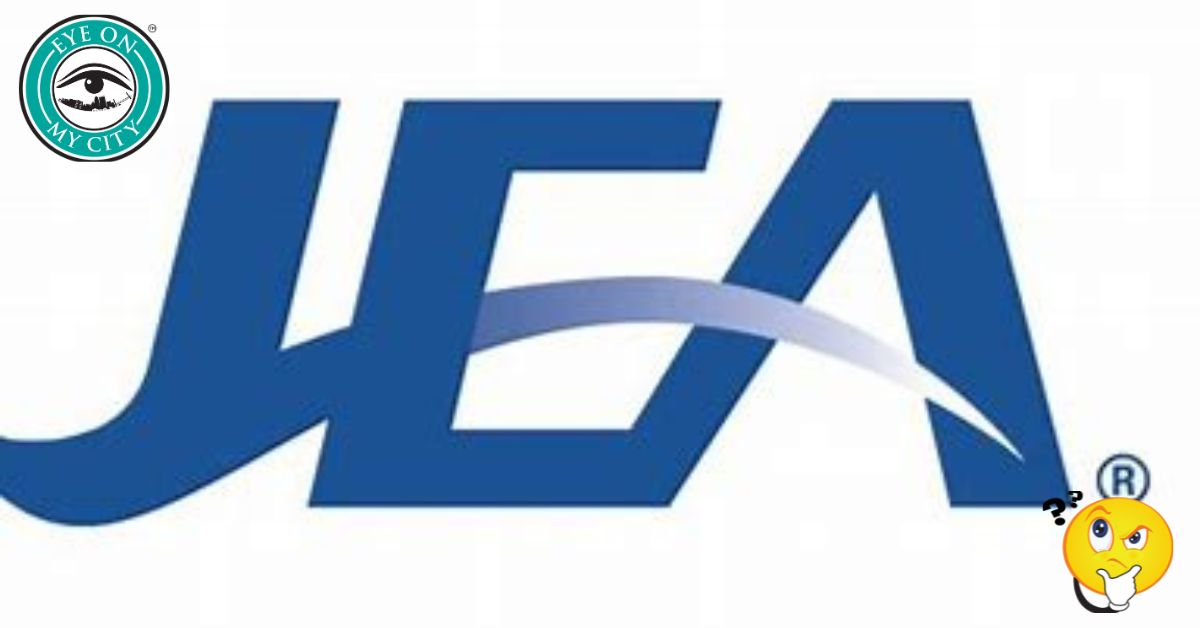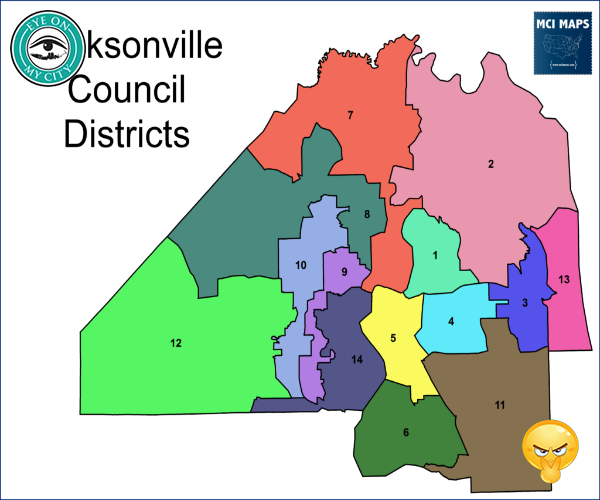
Local lawyers still are scratching their heads over the strange ruling by the city’s general counsel that stalled the work of the City Council committee investigating the JEA fiasco.
There is a good chance, some think, that the committee will overrule its own lawyer when it meets again July 27.
The committee is looking into the attempt to sell the JEA, which blew up last year when it was revealed that top management of the utility had been participants in a scheme that would defraud the taxpayers of hundreds of millions of dollars.
The new interim head of the JEA just fired nine top administrators, completing a sweep. JEA now has an entirely new board and will have all new management as the result of the scandal.
Also, a federal grand jury is looking into the matter concurrently with the council committee’s investigation.
At its last meeting, the committee attempted to question Sam Mousa, former administrator under Mayor Lenny Curry. On the advice of his counsel, Mousa declined to testify.
Member Randy DeFoor made a motion to issue subpoenas, requiring Mousa and others to testify.
But Jason Gabriel, the city’s general counsel, told the committee that it might interfere with the federal investigation and that there must be a “legislative intent” for the committee to proceed.
Private counsel for the committee said the feds had no objection to them issuing subpoenas, but Gabriel still held to his opinion and the committee did not proceed.
The matter of legislative intent was just legalese. There are many kinds of legislation the committee might pursue, including new ethics rules or a prohibition on “performance bonus” plans such as the one JEA had put into effect.
That plan, called the Performance Unit Plan, was the stunner that came to light during the effort to sell the JEA.
Essentially, it would have made millionaires out of top management who bought into the plan for a paltry amount of money. They would split any amount of the sale above $3 billion. Most expected the sale to net $5 billion or more. The council auditor calculated the cost of the PUP at an eye-popping $636 million.
Most consider it, at the least, a blatant conflict of interest. Others think it is a lot more.
JEA’s attempt to privatize was “maybe the biggest attempt to swindle the people of Jacksonville based on the biggest lie ever told in our city’s history,” City Council member Rory Diamond has said.
JEA fired Curry friend and former CEO Aaron Zahn and sued him, saying he was the “principal architect and ringleader of perhaps the largest fraud in Jacksonville history.” Zahn stood to pocket $23 million from the bonus plan.
If the committee decides to proceed with subpoenas, it might call back Mousa, some former JEA board members and others who have inside knowledge on how the privatization plan was born and possibly who conceived the bonus plan. Curry aide Brian Hughes will give a deposition Monday.
One document uncovered last year was the opinion of one law firm that the bonus plan was illegal. The former JEA board then went shopping for another law firm.
The utility ostensibly was merely looking into the feasibility of selling to a private company, but the bonus plan provided plenty of incentive to find it feasible and to drive up the price as high as possible.










